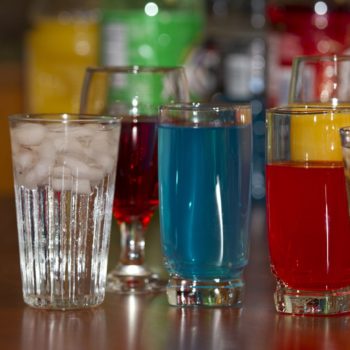Soft drinks: IBC dismisses ‘sugar tax’ as pre-election posturing

The Irish Beverage Council, a division of IBEC, has weighed in on the promise by several political promise to introduce a tax on sugary drinks in the next government.
15 February 2016
The Irish Beverage Council, the Ibec group that represents manufacturers and distributors of soft drinks, bottled water and fruit juices in Ireland, has condemned proposals from various political parties for a “sugar tax” as nothing more than pre-election posturing. Such a move would do little to improve public health, the Council warned. “Evidence,” it said, “rather than electioneering, should inform policy decisions.”
IBC director Kevin McPartlan described the debate over a proposed sugar tax lacking in simple, verifiable facts. “[They are] being ignored in favour of populist sound bites based on ill-informed opinion,” McPartlan said. “An additional and blunt tax on an ingredient and product is not an effective way to combat the complex and multi-faceted obesity challenge.”
To bolster its strongly-worded statement, IBC cited the results of several similar sugar tax initiatives around the world. In Mexico, for example, a soft drinks tax reduced average daily calorie intake by only 4.7%, while plans for a “fat tax” were scrapped in Denmark in 2013 because of the perceived economic impact. The Irish Beverage Council also stated that no causal link has been established between an additional tax on sugar-sweetened beverages and a reduction in obesity.
“We are all concerned about obesity,” McPartlan said, “but the contention that an additional tax on products which account for just 3% of the calories consumed in Ireland will solve that concern is nonsense. We already pay VAT on soft drinks; a sugar tax is an unneccessary additional cost to consumers dressed as a public health measure. It is another stealth tax.”



 Print
Print




Fans 0
Followers